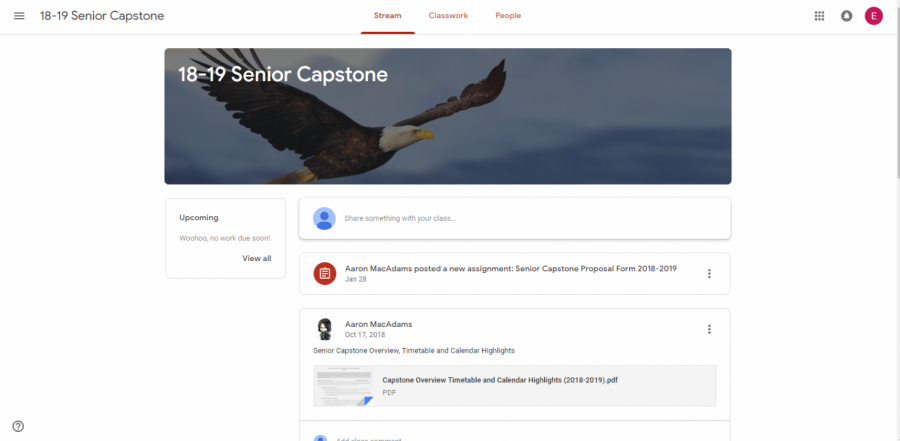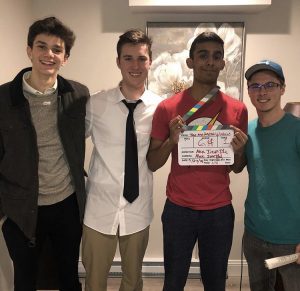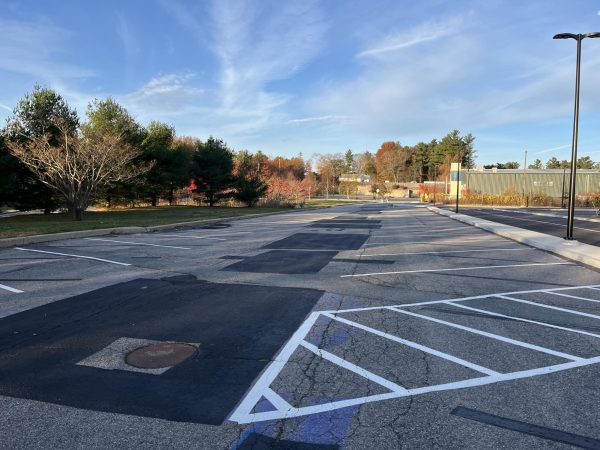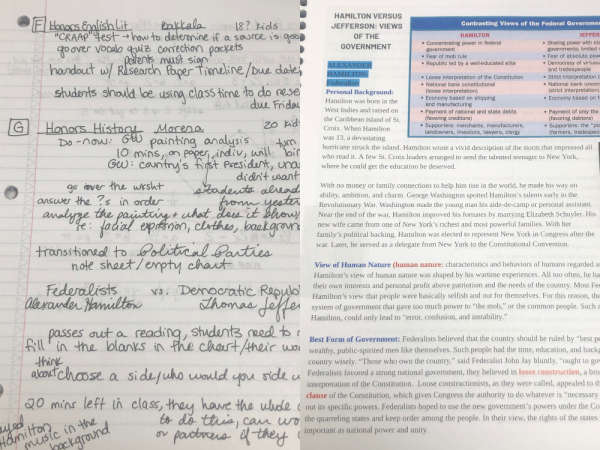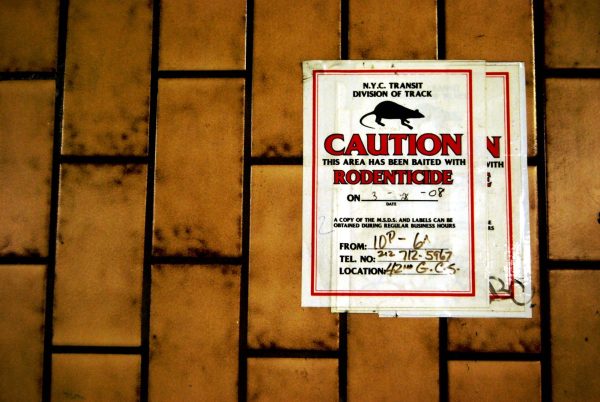Sudden shift makes capstone project voluntary
AMSA’s senior capstone project proved a source of frustration for students.
AMSA’s senior capstone project has been the talk of the Class of 2019 since it was unveiled at the end of the last school year. It was introduced as a showcase for students to display what they had learned over the course of their AMSA experience, in a way that would also prepare them for college.
It was presented to current seniors as a new graduation requirement. But in a meeting on Jan. 23, students were told the project is now voluntary.
“[The decision] was a long time coming and made ultimately because of a bunch of different factors: time, the complexity of the project, and keeping track of it,” said history teacher Aaron MacAdams, who helped conceive the project and serves as its head. “We always had in mind the obligations that [seniors] have and the stresses that come with senior year.”
But a big contributing factor was student frustration. The details and exact deadlines of the project — as well as what form submissions should take — were not presented to students with sufficient clarity, contributing to uncertainty about expectations. Information that was issued was done piecemeal, instead of upfront and all together.
After the introductory meeting regarding the capstone last May, a Google Classroom page — an interactive site designed for students and teachers — was created over the summer. A list of possible mentors for students and a timeline of various deadlines was posted in October.
The timetable provided a description of each step of the project, from choosing a mentor to writing a reflection, but the due dates were not specific and only listed by month.
After five months of the project hanging over students’ heads, and criticism from both teachers and students frustrated by ongoing vagueness, it was announced through a gradewide meeting that the project would be voluntary.
Students have been told that those who complete the project will receive a graduation honor cord, recognition during the ceremony and in the program, as well as a table at Senior Night to present their projects.
Students, on the whole, were not surprised.
“I’m glad that they’re recognizing the students who completed their project [or are going to], but I think they need some help in making it possible for next year,” said senior Daniel Hochman, who expressed his concerns regarding the project in a Google document.
“They brought this capstone project to us not fully formed: they showed it to us in MAY meaning it was too late for people to get summer internships if that’s the route they wanted to take,” he continued. “They didn’t have the documentation ready on time [and it] does not have methods of collecting our information/updates.”
Mr. MacAdams said he expected it was unlikely that many students would still complete projects.
“We hope that many will, but we don’t expect that,” he said, adding that doing so might prove beneficial. “Statistics show us that the more you keep the ball rolling senior year, the more successful you are going into [college].”
Daniel expressed additional concern for current juniors who will inherit the project in the fall. Fellow senior Nadine Farhat said that “they saw what happened to us but they still haven’t even told the juniors” if it will be a graduation requirement for them.
Mr. MacAdams indicated that it will be.
“My hope is that juniors are aware of it and that they know it’s a mandatory thing so they’re narrowing down those ideas, which is what we hoped [current seniors] would do over the summer.”
Most seniors seem to be focused on the fact that they no longer have to complete projects rather than continuing to refine them.
“I’m happy it’s canceled, but I think there should be more of an incentive to do it,” senior Layla Mohseni said.
Although many students believe the capstone project is no longer worth doing because it is voluntary, others are still planning for completion.
Alex Joseph, for example, is creating a “fan film” about the Joker and Gotham City with Robert Coakley.
“We’re still doing it because we already started and we’re using it as an excuse for something we already wanted to do,” Alex said. “[Computer science teacher Douglas] Becker is letting us borrow his camera and he’s been super helpful throughout the whole process.”
Despite differing philosophies concerning the capstone project, most seniors agree that it’s a relief not to have questions surrounding the project looming over them as they finish their college applications and begin their last semester as AMSA students.
For the juniors, however, the looming questions of the capstone project are only beginning.
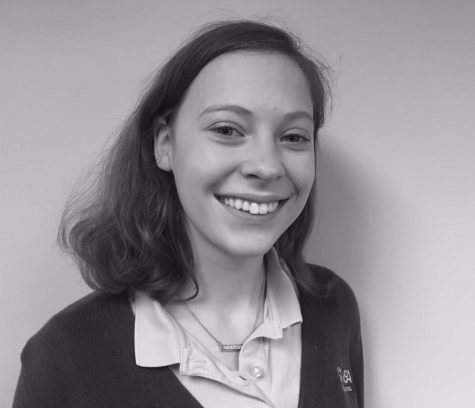
Emma is a senior, returning to The AMSA Voice this year as editor in chief. At AMSA, she is involved in various clubs and organizations, such as AMSA JCL,...

